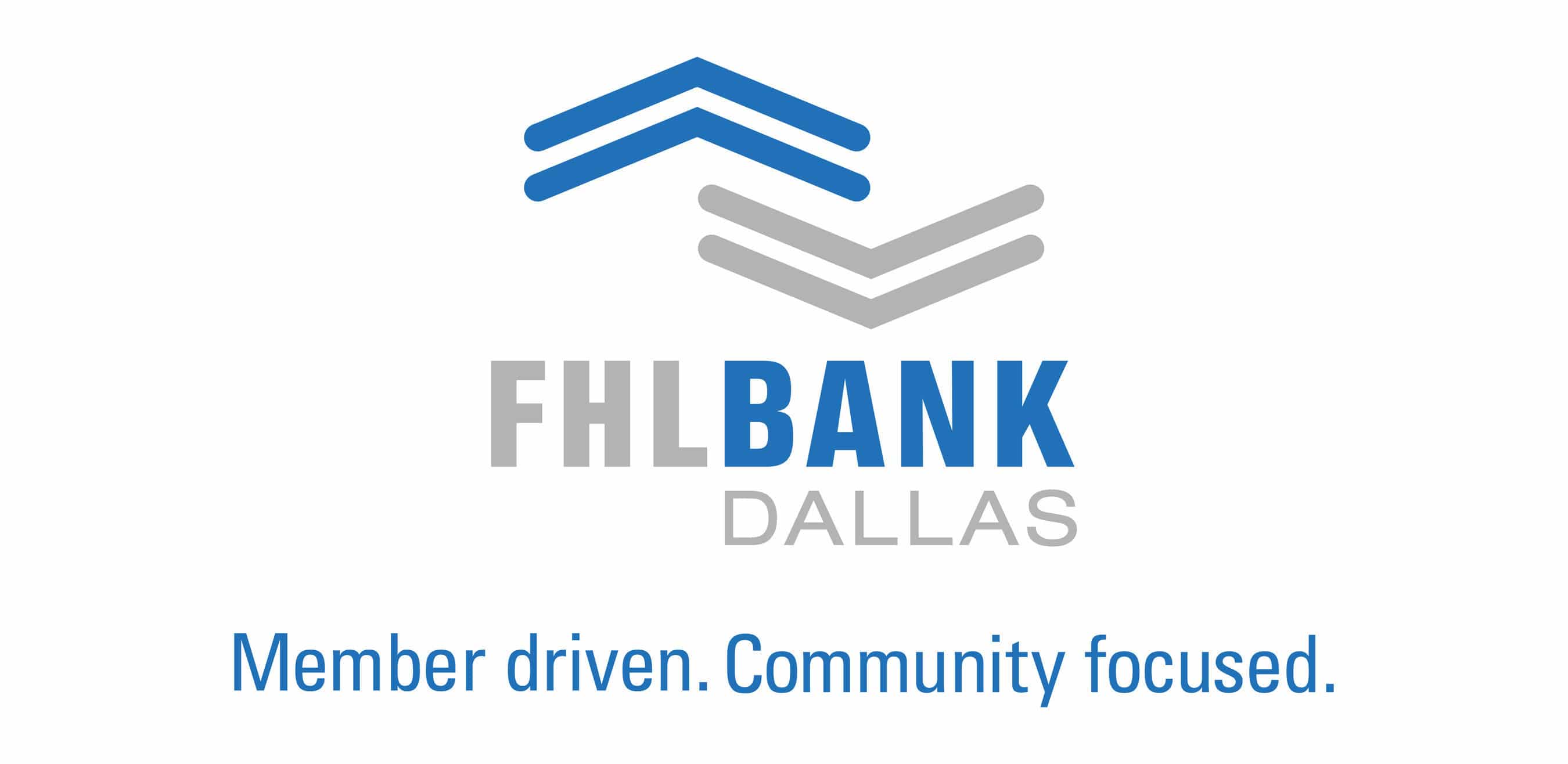In my several decades as a nonprofit professional, there are a couple of harrowing occasions that have seared themselves into my soul, causing me to wake up in the middle of the night, filled with rage. One of these occasions involved cryptocurrency, some sock puppets, and 12 gallons of bleach, but that’s a story for another time.
The more relevant occasion for this topic was when I sat facing several grim-looking board members as they chewed me out during my annual review. I came into the meeting so proud of what the team and I had accomplished that year, and left feeling like garbage, a mixture of confusion, shame, and sadness. I was seriously thinking of quitting and finding a new job. Or possibly becoming a hermit. A hermit with reliable Wi-Fi to watch Game of Thrones (It was still a great show at that time).
Annual reviews are done so horribly in our sector, because they’re often done thoughtlessly, taking toxic processes and philosophies from white corporate models. What works over there in a competitive, profits-oriented environment doesn’t mean it’ll work here in a sector where a lot of people are trying to make the world better while being underpaid, wearing “multiple hats,” using Mesozoic-era printers, and burning out. Throw in the shitstorm that is our socio-economic-political situation, and people are barely hanging on by a gossamer thread.
So, let’s be more thoughtful. Maybe we should ditch the annual review completely. Many companies have started moving away from formal annual performance reviews in favor of continuous feedback loops, which have been shown to be way more effective and way less demoralizing.
If you’re gonna do them anyway though, here’s some advice to minimize damage:
Think about the goals, approach, and structural challenges before you do a review: A lot of people do reviews because they think that’s best practice to just get them done, without considering other factors, including many structural issues that may affect how people do their work. Are there funding issues? Are you understaffed? Are people overworked and overstressed? Is there a never-ending apocalypse of pandemic/fascism/g3nocide that you maybe should account for?
Ongoing feedback is infinitely better than annual reviews: Ongoing feedback, both praise as well as suggestions for improvement, is a lot more useful for encouraging desired behavior. The annual review should be a summary of the feedback that’s been given throughout the year and a check-in on progress made on the ongoing feedback. If you don’t have a system and culture of regular, consistent feedback in place, prioritize creating that instead of focusing on your annual reviews, since without ongoing feedback, annual reviews are often useless, if not actively destructive.
Use workplans to assess people’s performance: Annual reviews should be tied to people’s work plans, where goals are clearly spelled out. If a goal or objective is not written out in people’s work plans or isn’t mutually agreed to somewhere if it’s not in the work plan, you have no basis to review someone’s performance for it. No one should have surprise goals that they’re now being evaluated on.
Use organizational values to assess people’s behaviors: All organizations have a list of values. These should be the guiding principles to assess everyone’s behavior. But often, organizations don’t spell them out, leading to widely different interpretations of things. If you haven’t already, spend some time with your team to discuss your values and what they mean in everyday practice. For instance, if your value is “respect,” what does that look like? It may mean people show up on time, not being on their phone during meetings except for emergencies, answering client emails within two days, or whatever. Spell. It. Out.
…
Read full article here.








